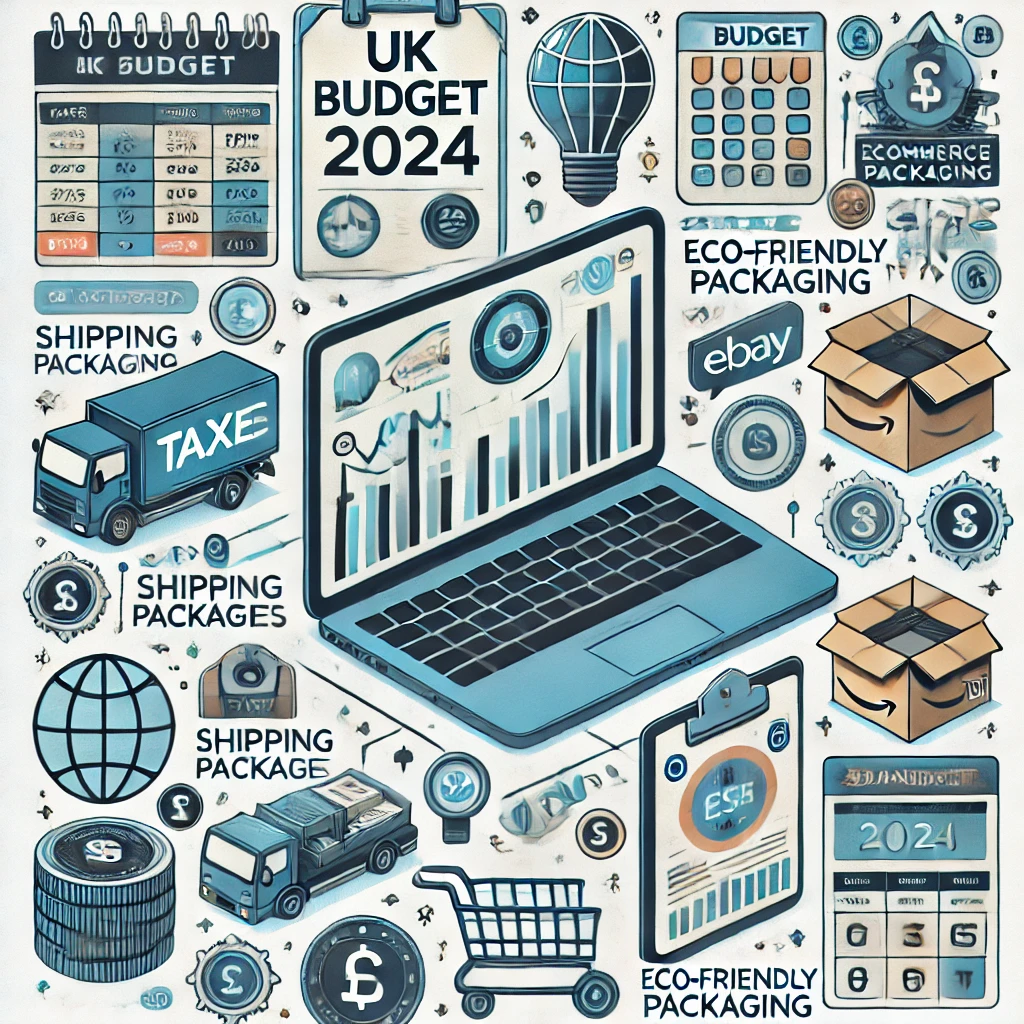Concerned about VAT and Retail Arbitrage? We’ve got you covered.
If you’re a UK-based seller navigating the world of retail arbitrage, VAT (Value Added Tax) might seem like a major roadblock. Many Amazon sellers see the £90,000 VAT registration threshold as a huge hurdle, worrying that crossing it will eat into their profits. However, with the right approach, managing VAT registration can be a straightforward process that supports your business growth rather than stunting it.
Before you panic when Amazon asks for your VAT number, take a moment to understand the rules and learn when, and if, you need to pay VAT on your sales, fees, and advertising costs.
The UK VAT Dilemma for Retail Arbitrage Sellers
If you sell on Amazon or other online platforms, you’re likely familiar with the confusing world of UK VAT registration. Traditional wisdom suggests that VAT means 20% of your sales go to HMRC, but things aren’t always that simple for arbitrage sellers.
The key challenge arises when it comes to obtaining proper VAT invoices. Retailers often issue standard receipts for stock purchases instead of VAT invoices. These receipts don’t include critical details like the retailer’s VAT number or the VAT rate applied to each product. Unfortunately, this makes it difficult to reclaim VAT on stock purchases, which can reduce your profit margins by 15-20%.
Amazon’s VAT Number Requirement: Why It Matters
Adding another layer of complexity, Amazon now requires sellers to provide a VAT number. This is part of Amazon’s ongoing efforts to ensure tax compliance for sales to UK customers, where VAT is mandatory at a 20% rate. For sellers approaching or exceeding the VAT registration threshold, this demand for a VAT number highlights the importance of getting ahead of the VAT game. Failure to provide one could lead to account restrictions or even suspension.
The Flat Rate Scheme: A Solution for Smaller Sellers
The good news is, there’s a simpler option for smaller businesses: the Flat Rate Scheme. If your annual taxable turnover is under £150,000, this VAT scheme offers a much simpler way to manage VAT. Instead of the complicated calculations required under the standard scheme, the Flat Rate Scheme applies a fixed percentage to your gross turnover, no matter your input costs.
For UK-based sellers, the standard flat rate is 7.5%, with a 1% discount in your first year of VAT registration. This means your VAT impact is capped at just 6.5% – a huge savings compared to the 15% loss you could face with the standard scheme.
Comparing VAT Schemes: Which One Is Best for You?
Let’s take a closer look at how the different VAT schemes stack up in a real-world example:
Scenario: You buy a product for £10 from a high street retailer and sell it on Amazon for £30.
-
Before VAT Registration:
- Sales: £30
- Product Cost: £10
- Amazon Fees: £10
- Profit: £10 (33.3% margin)
-
Standard VAT Registration (Retail Arbitrage):
- Sales: £30
- VAT to HMRC: £5
- Net Sales: £25
- Product Cost: £10
- Amazon Fees: £10
- VAT Reclaim on Fees: £1.67
- Profit: £6.67 (22% margin, effective VAT rate of 11.1%)
-
Flat Rate Scheme VAT Registration (Retail Arbitrage):
- Sales: £30
- Product Cost: £10
- Amazon Fees: £10
- VAT Paid (6.5% of £30): £1.95
- Profit: £8.05 (26.8% margin, effective VAT rate of 6.5%)
As you can see, the Flat Rate Scheme helps you retain more of your profits compared to the standard VAT scheme.
A New Twist: Amazon Seller Fee Changes in 2024
Starting on 1 August 2024, Amazon will apply VAT to all seller and FBA fees, even if you have a valid VAT number. Previously, VAT was removed from your fees if you were VAT-registered, but now all sellers will be charged VAT. While the Flat Rate Scheme is slightly less beneficial than before, it still provides a better option than the standard scheme for retail arbitrage sellers.
How Often Do You Need to Submit VAT Returns?
Once you’re VAT-registered, you’ll need to complete four VAT returns annually, regardless of whether you’re under the standard or flat rate scheme. The primary difference between the two is how the VAT is calculated. Under the Flat Rate Scheme, you apply a percentage to your sales. With the standard scheme, you charge VAT on sales and can claim VAT back on purchases.
Import VAT – A Crucial Consideration
If you’re importing goods from outside the UK, be aware that the Flat Rate Scheme won’t allow you to reclaim VAT on imports. While this may not be a major issue for many arbitrage sellers, it’s something to consider if you’re moving toward private label products.
The Bottom Line: Save on VAT
The Flat Rate Scheme can be a game-changer for many Amazon FBA sellers. For example, with £100,000 in revenue, it could save you around £4,000 in profit each year compared to the standard VAT scheme.
However, this scheme may not be the best fit for every business. Your product mix, profit margins, and overall business model all play a role in determining which VAT structure works best for you.
Moving Forward: Take Control of Your VAT
Before assuming that VAT registration will derail your business, take the time to understand how VAT will impact your specific operations. Consider working with a VAT expert to ensure you’re making the best choice for your ecommerce business.
VAT doesn’t have to be a growth inhibitor – with the right approach, you can manage your VAT obligations effectively, scale your business, and reach new levels of success.
At Accountor, we’re here to help you navigate the complexities of VAT and find the right solution for your unique business. Don’t let VAT hold you back – embrace it as part of your growth strategy, and watch your business soar!
If you have any questions or concerns about VAT or need advice on switching from the Flat Rate Scheme, book a free consultation with one of our Amazon accounting experts today.




